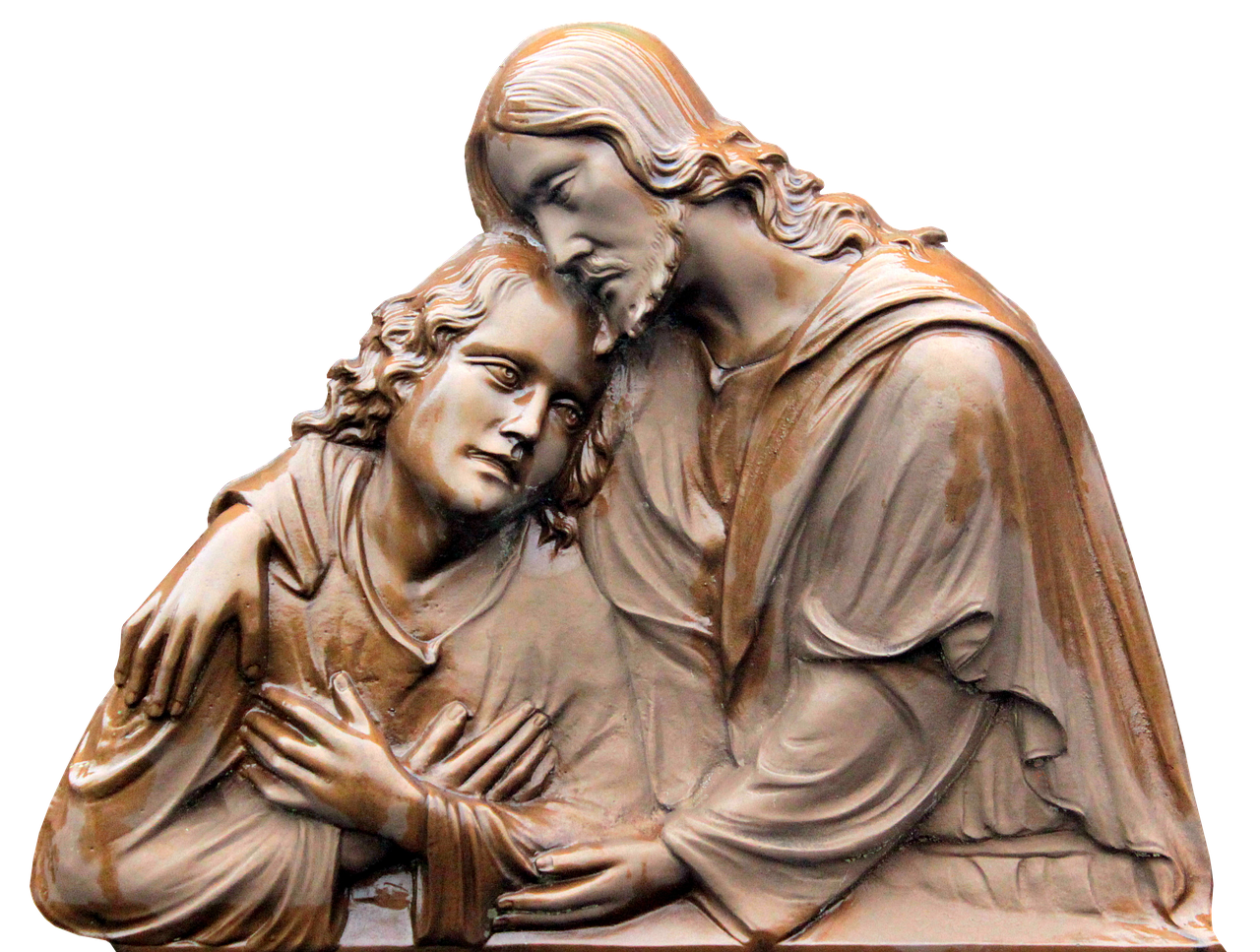
Far Hearts
The Luke 15 Parable of the Prodigal Son, sometimes called the Parable of the Two Lost Sons, tells the story of the younger son asking for his share of the estate. Surprisingly, without a word, his father entrusts one third of all that he owns to this younger son who, in his heart, was already far away from his father, his village, and his faith. Knowing the story, you probably recall that he “came to himself” in a distant country, and who did he remember then? His father and his love. Finally, in the distant country, his heart had traveled back to his father.
In Matthew 15, Jesus says quite a bit about the heart. At one point he quotes Isaiah and says, “This people honors me with their lips, but their heart is far away from me.” (Matthew 15:8)
In the Parable of the Two Lost Sons, the older son never leaves home. Yet his heart is far from him. Refusing to be reconciled with his brother or to be around his forgiving father and the villagers who come to the feast of forgiveness, the older son stays out in the field. So the father goes out to him (think Christmas). The older son reveals how far away his heart is from his father when he says, “Look! For so many years I have been slaving for you, and I have never neglected a command of yours…” (Luke 15:29a)
For the older son, life at home with his father was slavery, not family.
Sadly, that’s what religion is to a lot of people, including many Christians. Sadly, to them Christianity means following rules, being part of a “household” of hierarchy, orders, and restrictions on freedom.
But Luke 15 paints a much different picture. The father freely gives the younger son what he asks for even though it would normally be given upon the father’s death. When the older son complains about being a “slave” to his father and that the father “never gave me a young goat..,” (Luke 15:29c) the father replies, “My child, you have always been with me, and all that is mine is yours.” (Luke 15:31)
The father’s heart yearned for this sinner, his son, not his slave. Being in fellowship is what the father emphasized. And then he reminded his older lost-at-home-son that he didn’t need to ask for anything because it was all available to him, always.
Hearts can be near or far, regardless of physical distance. This parable was addressed to religious leaders who, very much like the older son, were as close to the holy place of Jerusalem as they could get. But their hearts were far from God, the Father. And they had no desire to get close to Jesus, who clearly represents the father figure in the parable – willing to embrace stinking, pig-feeding sinners with his hug of fellowship – displayed with outstretched arms on the cross.
I remember reading somewhere that King Robert the Bruce, King of Scots from 1306 to his death in 1329, had given orders that his heart be buried in Jerusalem. It never made it. But at least his heart was buried in a church. May our hearts be alive in the church!
Prayer: Heavenly Father, we smell with sin of hearts that have journeyed far from You. But You have embraced us in Christmas and the crucifixion. May the power of Your love continuously call us home. May our hearts be alive through You and to You, reaching out to others. In the love of Jesus we pray. Amen.
